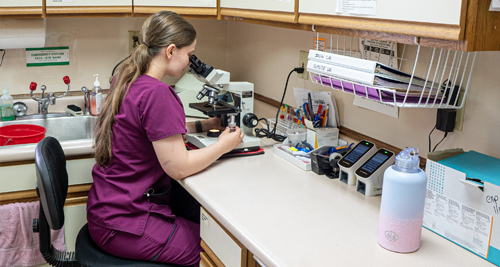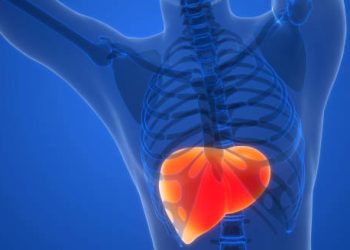Diagnosis and Testing for Bladder Stones
Timely and accurate diagnosis and testing for bladder stones is essential to ensure effective treatment and to rule out other urological conditions. Symptoms often mimic those of urinary tract infections or bladder obstruction, so clinical assessment and imaging play a crucial role.
Initial assessment:
- Medical history and symptoms
- A doctor will ask about urinary habits, pain during urination, urinary retention, previous UTIs, surgeries, or use of catheters.
- Men will often be assessed for prostate issues, while women may be evaluated for pelvic floor dysfunction.
- Physical examination
- Includes abdominal or pelvic examination and sometimes a digital rectal exam (DRE) for men to assess prostate size.
Diagnostic tests:
- Urinalysis
- Checks for blood, bacteria, white blood cells, crystals, or unusual pH levels.
- May detect signs of infection or inflammation.
- Urine culture
- Determines if a urinary tract infection is present and identifies the bacteria involved.
- Determines if a urinary tract infection is present and identifies the bacteria involved.
- Bladder ultrasound
- Non-invasive and widely used.
- Reveals the size, shape, and number of stones and whether urine is being retained in the bladder.
- X-rays (KUB)
- A plain abdominal X-ray may show certain types of stones, especially calcium-based ones.
- However, not all stones are visible on X-rays.
- CT scan
- Highly accurate and used when ultrasound findings are unclear.
- Detects even small or radiolucent stones and provides detailed bladder and urinary tract imaging.
- Cystoscopy
- A thin, flexible tube with a camera is inserted through the urethra to directly visualise the stone.
- Allows for simultaneous diagnosis and, in some cases, treatment (e.g., stone fragmentation or removal).
In South Africa, ultrasound and cystoscopy are available in most major hospitals, though rural areas may have limited access. Patients in the public sector may experience longer wait times for advanced imaging or urology referral.
Diagnosis and Testing for Bladder Stones
Early diagnosis not only helps manage symptoms but also prevents long-term damage to the bladder or kidneys.
👉 [Next: Treatment Options for Bladder Stones]


